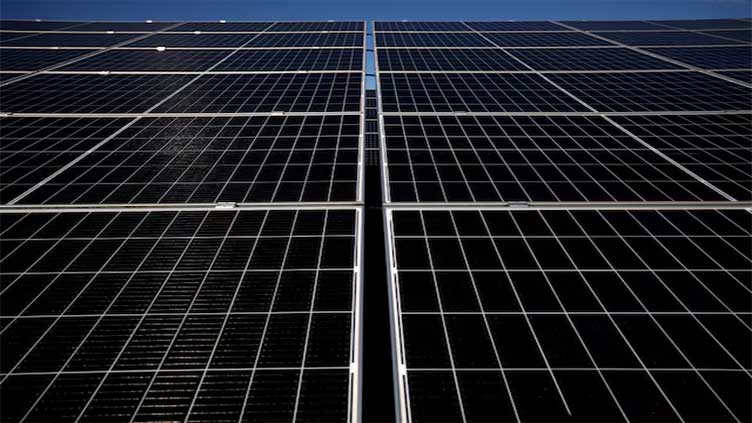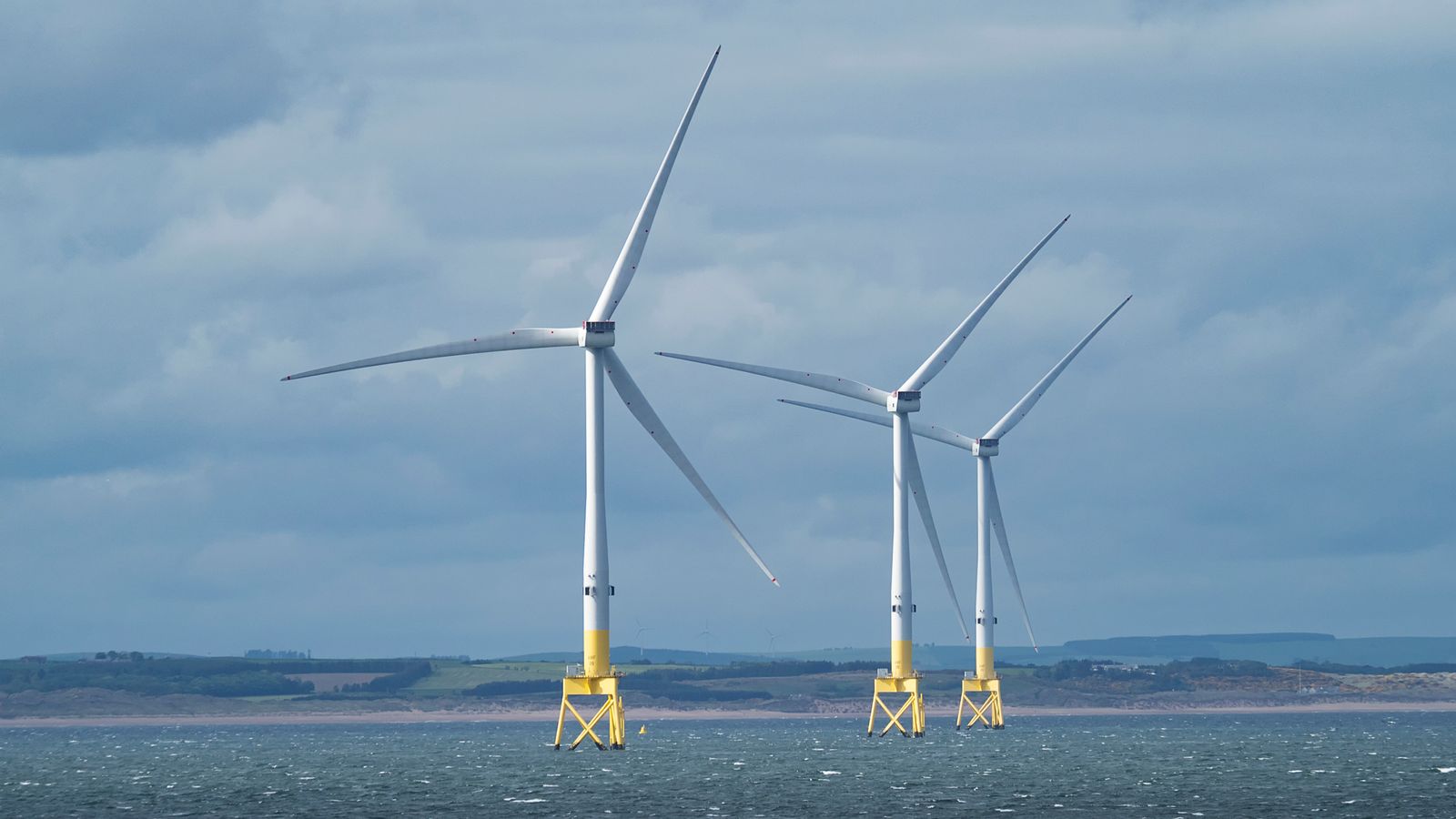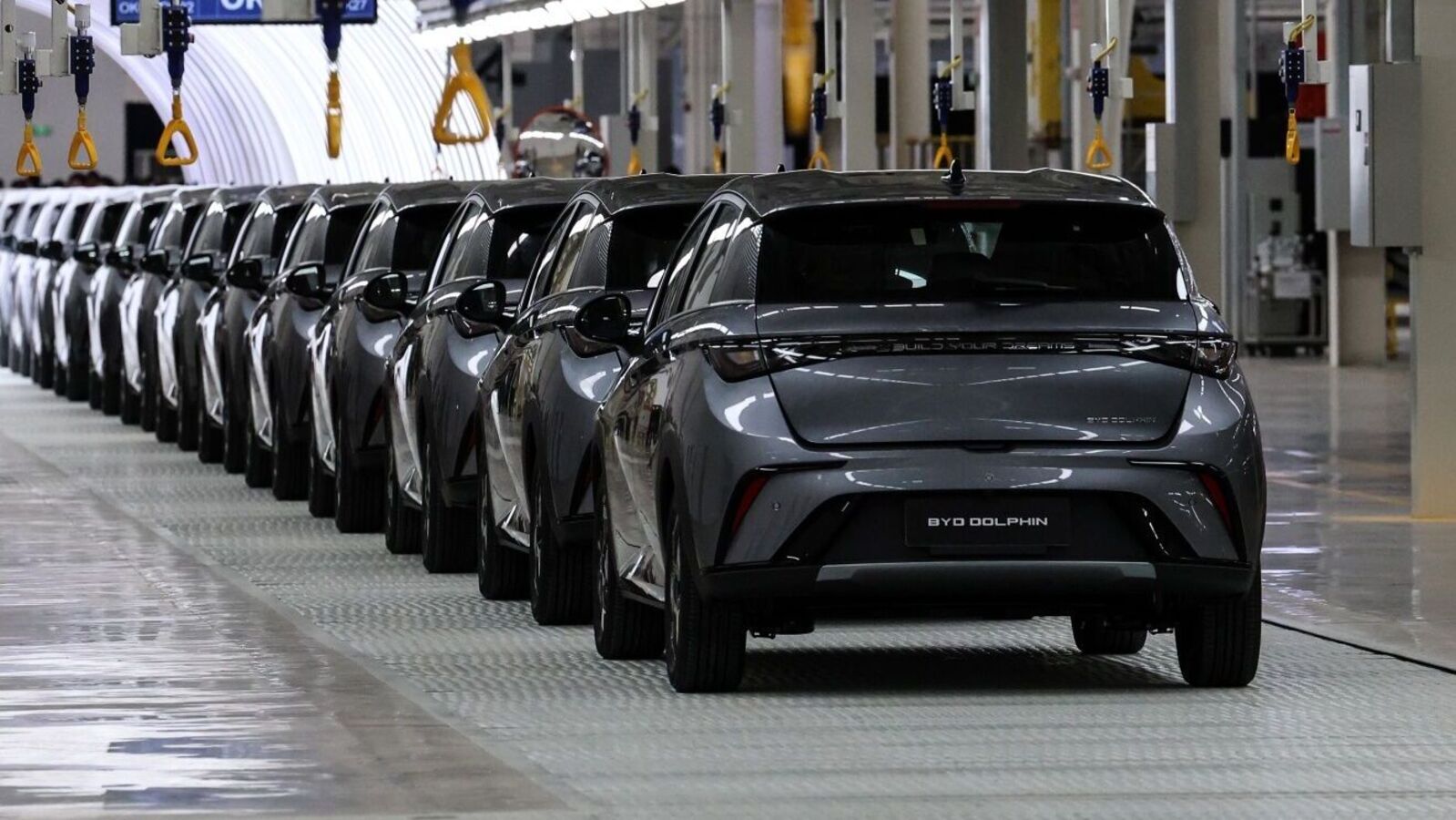Germany’s push toward green energy is driving companies to invest in solar technology to cut costs and emissions. In Thuringia, the Tridelta metal products factory is leading the way with a significant investment in solar energy.
Boosting Solar Capacity
Philip Matthias initially faced skepticism from his father about a €2.3 million ($2.5 million) investment in solar panels for their factory. After thorough calculations, they decided to nearly double the project’s capacity, installing photovoltaic modules capable of powering around 900 households. Matthias emphasized the project’s financial viability, noting, “The PV systems amortize after about 7-1/2 years with a 20-year guarantee.”
Government Support and Corporate Adoption
The Ukraine war and reduced fossil fuel exports from Russia have prompted Berlin to accelerate solar power expansion. Germany aims to cover 80% of its energy from renewables by 2030. Laws and feed-in tariffs provide a guaranteed price to renewable energy producers, further encouraging companies to adopt solar energy.
Marie-Theres Husken, an energy expert at BVMW, highlighted the economic benefits, stating, “As electricity prices in Germany remain high, companies increasingly recognize the economic viability of installing solar panels.” Companies consumed 69% of Germany’s electricity in 2023, according to BDEW data, and generating their own solar power helps them avoid high grid fees and taxes.
Rapid Growth in Commercial Solar
Data from the BSW solar power association shows an 81% year-on-year increase in newly installed photovoltaic capacity on business rooftops in the first four months of the year. A YouGov survey revealed that over half of German companies with suitable roofs plan to install solar systems within three years. BVMW forecasts nearly all manufacturing companies in Germany will use solar energy by 2030.
Germany’s largest residential solar power developer, Enpal, is expanding into the commercial sector due to growing demand. Melchior Schulze Brock, CEO of Enviria, remarked, “The growth is going to be very sustainable.”
Potential for Expansion
A study by the Institute for Applied Ecology highlighted the potential to install up to 287 gigawatts (GW) of solar capacity along German roads, railways, parking lots, and industrial areas. This surpasses Berlin’s 2030 target of 215 GW and could reduce reliance on agricultural land.
Global drops in solar panel prices have further spurred corporate adoption. “The market is overrun with cheap but good panels from China, making systems about 20% cheaper than a year ago,” Matthias noted.
Germany’s legislative package passed in April, easing regulations and increasing subsidies for large rooftop systems, is expected to drive demand further. State feed-in subsidies for large-scale projects have also boosted the trend, with the last tender seeing a 107% rise in offers year-on-year.
As companies continue to recognize the economic and environmental benefits, Germany’s solar energy market is poised for significant growth, reducing energy costs and supporting the country’s green energy policies.
Source:dunyanews.tv





